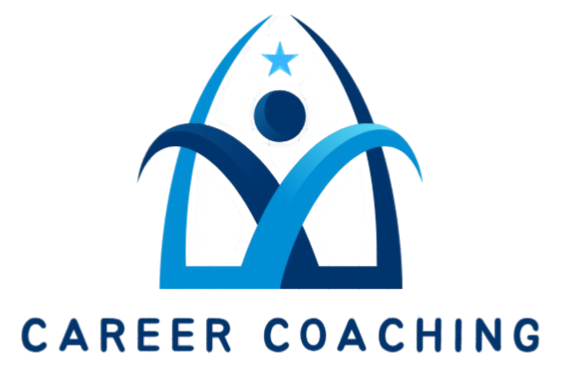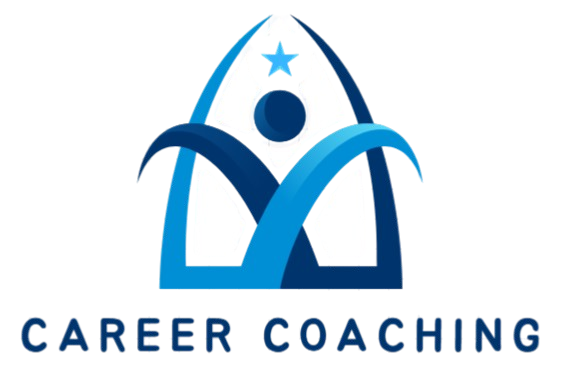ADHD INDIVIDUAL CONTRIBUTOR TOPICS
ADHD INDIVIDUAL CONTRIBUTOR TOPICS
- Time Management Skills
- Learning techniques to track time and manage deadlines effectively.
- Task Prioritization
- Sorting tasks based on urgency and importance to ensure the most critical work gets done.
- Minimizing Distractions
- Identifying and reducing workplace distractions (e.g., phone notifications, irrelevant tasks).
- Breaking Down Large Tasks
- Dividing complex or overwhelming tasks into manageable parts to avoid procrastination.
- Focus Techniques
- Using methods like the Pomodoro Technique to stay focused for short bursts of time.
- Procrastination Reduction
- Recognizing and addressing procrastination habits with specific tools or routines.
- Time Blocking
- Scheduling dedicated blocks of time for specific tasks to improve consistency and focus.
- Self-Regulation
- Developing emotional self-regulation strategies to manage impulsivity or frustration.
- Mindfulness and Stress Management
- Practicing mindfulness or stress management techniques to stay calm and focused.
- Memory Aids and Tools
- Using reminders, lists, or apps to compensate for working memory challenges.
- Task Completion Strategies
- Learning techniques to follow through and finish tasks, particularly when interest wanes.
- Attention Switching
- Developing skills to smoothly switch between tasks without losing momentum or focus.
- Optimizing Work Environment
- Structuring the physical workspace to support focus and minimize distractions (noise, clutter).
- Goal Setting and Monitoring
- Setting clear, achievable goals and tracking progress to maintain motivation.
- Project Management Tools
- Using tools like Trello or Asana to stay organized and monitor the status of multiple projects.
- Collaboration Skills
- Strengthening teamwork and communication to ensure clarity and efficiency in group work.
- Delegation (When Applicable)
- Learning when and how to delegate tasks to others if possible.
- Sleep Hygiene
- Ensuring good sleep habits to maintain energy, focus, and cognitive function during the workday.
- Healthy Work-Life Balance
- Setting boundaries to avoid burnout and balance personal well-being with job demands.
- Energy Management
- Recognizing peak productivity times and adjusting workload accordingly.
- Positive Reinforcement
- Creating systems for rewarding progress and celebrating small wins to stay motivated.
- Social Cues and Communication
- Improving awareness of social and workplace communication norms, especially in virtual settings.
- Saying No to Non-Essential Tasks
- Learning to decline non-essential requests to maintain focus on priority work.
- Flexibility and Adaptation
- Adapting to new tools, processes, or unexpected changes while managing ADHD-specific challenges.
- Developing Support Networks
- Building relationships with colleagues or mentors who understand and support personal productivity needs.
- Time Management Skills
- Learning techniques to track time and manage deadlines effectively.
- Task Prioritization
- Sorting tasks based on urgency and importance to ensure the most critical work gets done.
- Minimizing Distractions
- Identifying and reducing workplace distractions (e.g., phone notifications, irrelevant tasks).
- Minimizing Distractions

